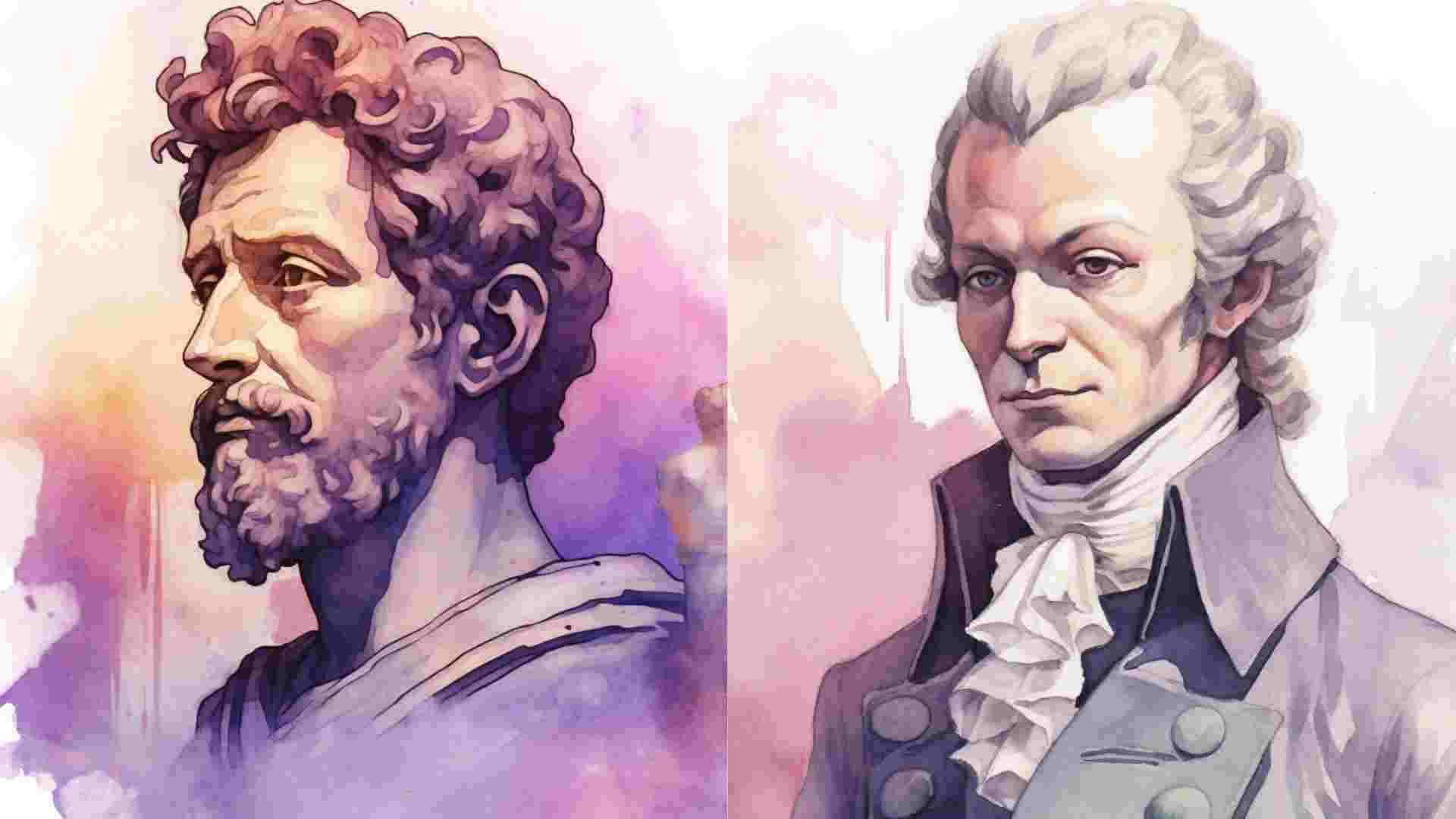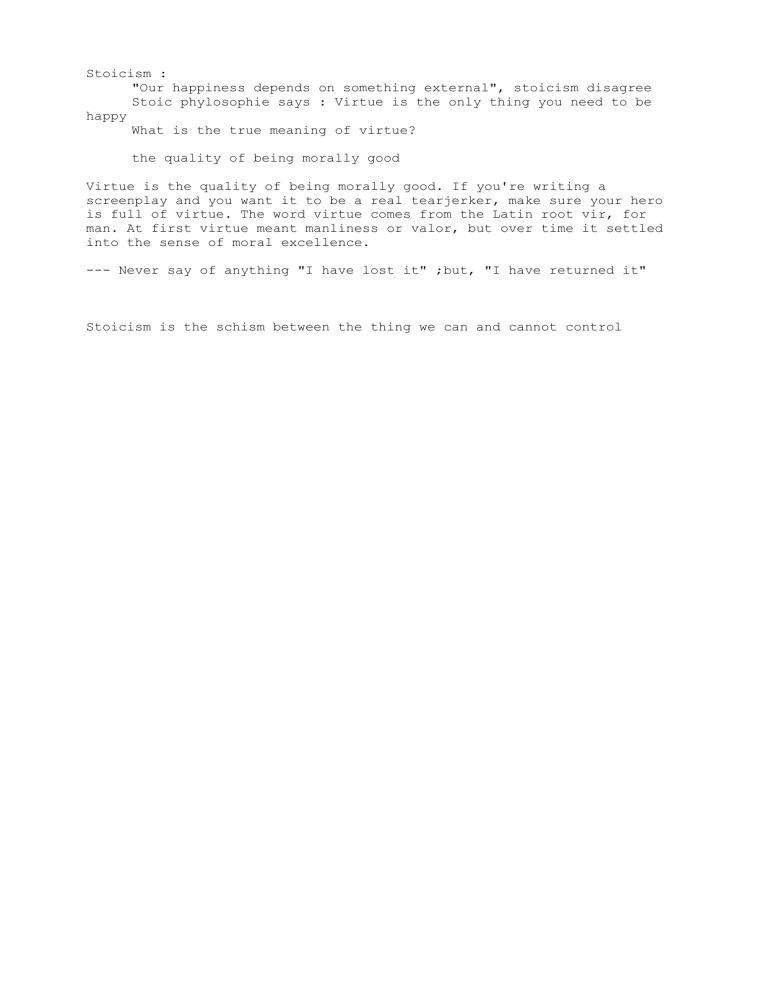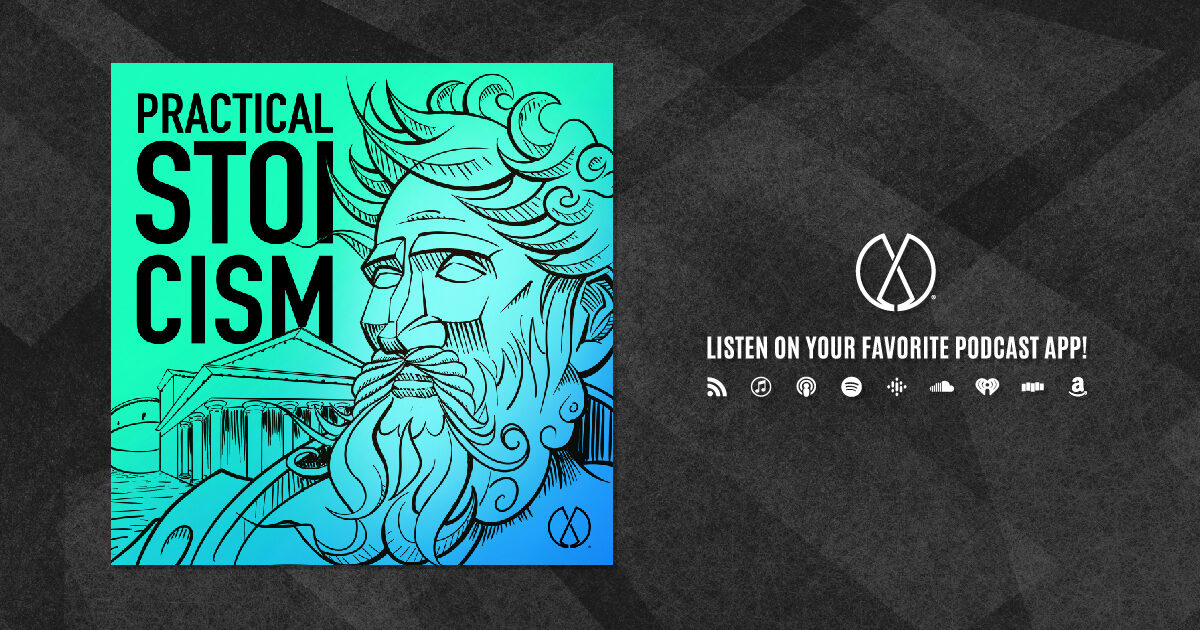Cosos In Constant Change Stoicism
Cosos In Constant Change Stoicism - This article will delve into. The stoics believed that existence, or the cosmos, is: Fire as the archetype of change. Heraclitus identified fire as the fundamental element and metaphor for the cosmos’. Heraclitus is most famous for his doctrine that “everything flows”—that the universe is in a constant state of change and nothing remains. The stoics adopted heraclitus’ central idea of the logos and the constant change in the universe. (1) necessary, (2) uncaused, and (3) constantly changing yet eternal.⁸. Marcus aurelius thought often of change and death in his life. For a short while, we are the cosmos observing itself.
This article will delve into. (1) necessary, (2) uncaused, and (3) constantly changing yet eternal.⁸. For a short while, we are the cosmos observing itself. Heraclitus is most famous for his doctrine that “everything flows”—that the universe is in a constant state of change and nothing remains. The stoics believed that existence, or the cosmos, is: Fire as the archetype of change. Marcus aurelius thought often of change and death in his life. Heraclitus identified fire as the fundamental element and metaphor for the cosmos’. The stoics adopted heraclitus’ central idea of the logos and the constant change in the universe.
This article will delve into. Heraclitus identified fire as the fundamental element and metaphor for the cosmos’. The stoics believed that existence, or the cosmos, is: Marcus aurelius thought often of change and death in his life. (1) necessary, (2) uncaused, and (3) constantly changing yet eternal.⁸. The stoics adopted heraclitus’ central idea of the logos and the constant change in the universe. Fire as the archetype of change. Heraclitus is most famous for his doctrine that “everything flows”—that the universe is in a constant state of change and nothing remains. For a short while, we are the cosmos observing itself.
Stoicism vs Kant Can Reason Bring Moral Freedom?
Marcus aurelius thought often of change and death in his life. For a short while, we are the cosmos observing itself. The stoics believed that existence, or the cosmos, is: Heraclitus is most famous for his doctrine that “everything flows”—that the universe is in a constant state of change and nothing remains. This article will delve into.
Stoicism
Fire as the archetype of change. The stoics believed that existence, or the cosmos, is: Heraclitus is most famous for his doctrine that “everything flows”—that the universe is in a constant state of change and nothing remains. (1) necessary, (2) uncaused, and (3) constantly changing yet eternal.⁸. The stoics adopted heraclitus’ central idea of the logos and the constant change.
(PDF/DOWNLOAD) The Power of Stoicism 24 Stoic Lessons to Live Happier
For a short while, we are the cosmos observing itself. Heraclitus identified fire as the fundamental element and metaphor for the cosmos’. Marcus aurelius thought often of change and death in his life. This article will delve into. Fire as the archetype of change.
Everything is Change
(1) necessary, (2) uncaused, and (3) constantly changing yet eternal.⁸. This article will delve into. Fire as the archetype of change. The stoics believed that existence, or the cosmos, is: Heraclitus is most famous for his doctrine that “everything flows”—that the universe is in a constant state of change and nothing remains.
Everyday Stoicism
The stoics adopted heraclitus’ central idea of the logos and the constant change in the universe. Fire as the archetype of change. For a short while, we are the cosmos observing itself. Marcus aurelius thought often of change and death in his life. This article will delve into.
Title Stoic Masculinity Strength in Virtue In a world of constant
For a short while, we are the cosmos observing itself. (1) necessary, (2) uncaused, and (3) constantly changing yet eternal.⁸. Heraclitus identified fire as the fundamental element and metaphor for the cosmos’. The stoics adopted heraclitus’ central idea of the logos and the constant change in the universe. Fire as the archetype of change.
tag stoicism Sacha Chua
(1) necessary, (2) uncaused, and (3) constantly changing yet eternal.⁸. The stoics believed that existence, or the cosmos, is: Fire as the archetype of change. Heraclitus is most famous for his doctrine that “everything flows”—that the universe is in a constant state of change and nothing remains. Heraclitus identified fire as the fundamental element and metaphor for the cosmos’.
Practical Stoicism
The stoics believed that existence, or the cosmos, is: Fire as the archetype of change. Marcus aurelius thought often of change and death in his life. For a short while, we are the cosmos observing itself. Heraclitus identified fire as the fundamental element and metaphor for the cosmos’.
What Is Stoicism? 🌷 (WhatIsStoicism) Twitter
Marcus aurelius thought often of change and death in his life. For a short while, we are the cosmos observing itself. The stoics adopted heraclitus’ central idea of the logos and the constant change in the universe. This article will delve into. Fire as the archetype of change.
Stoic Solutions For Feelings Of Insecurity What Is Stoicism?
Heraclitus is most famous for his doctrine that “everything flows”—that the universe is in a constant state of change and nothing remains. Heraclitus identified fire as the fundamental element and metaphor for the cosmos’. Fire as the archetype of change. (1) necessary, (2) uncaused, and (3) constantly changing yet eternal.⁸. The stoics believed that existence, or the cosmos, is:
This Article Will Delve Into.
Fire as the archetype of change. The stoics believed that existence, or the cosmos, is: Heraclitus is most famous for his doctrine that “everything flows”—that the universe is in a constant state of change and nothing remains. (1) necessary, (2) uncaused, and (3) constantly changing yet eternal.⁸.
For A Short While, We Are The Cosmos Observing Itself.
Marcus aurelius thought often of change and death in his life. Heraclitus identified fire as the fundamental element and metaphor for the cosmos’. The stoics adopted heraclitus’ central idea of the logos and the constant change in the universe.









